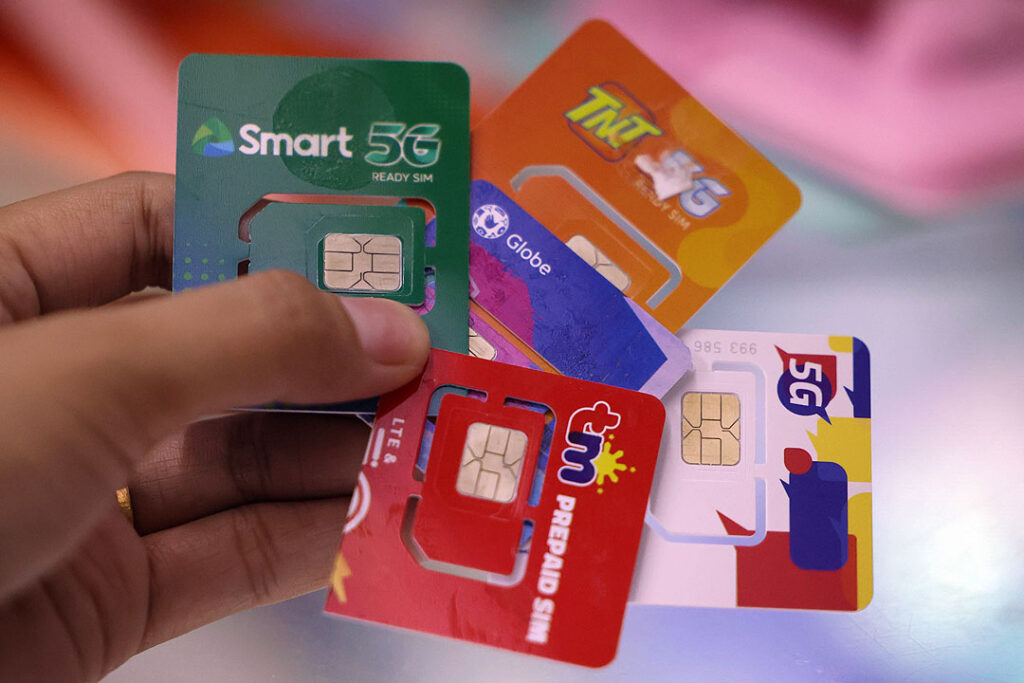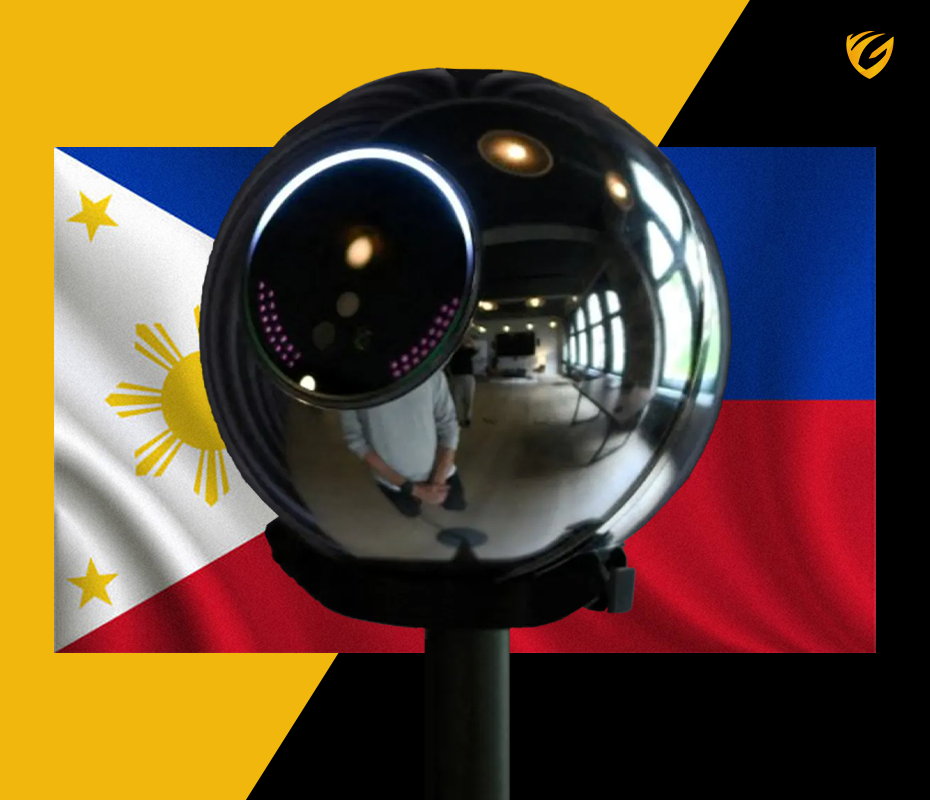How Fake IDs with Monkey Photos Pass the SIM Registration Process
By James Pebenito • September 8, 2023
How Fake IDs with Monkey Photos Pass the SIM Registration Process
In a shocking discovery, the National Bureau of Investigation’s (NBI) Cybercrime Division has shown how simple it is to trick the automatic verification systems employed by telecom behemoths Globe, Smart, and DITO. In an experiment conducted by the NBI, false identification cards bearing the face of a grinning monkey were used to successfully register fresh SIM cards. The effectiveness of SIM registration legislation and the flaws in automated verification methods have both been called into doubt by this curious situation.
The NBI experiment serves as a warning to authorities and the telecom sector. The NBI’s Cybercrime Division was successful in getting past three major telecom companies’ automatic verification systems by using a false ID that featured a cute monkey photo. The simplicity with which this was accomplished serves as a harsh reminder of the identity verification capabilities of automated systems.

Human judgment vs. automated systems
In order to swiftly and effectively process enormous amounts of data, automated technologies have become essential. However, they lack the human ability for nuanced judgment. The monkey ID experiment shows that while algorithms are excellent at routine tasks, they may struggle to detect discrepancies or recognize suspicious characteristics in documents or photographs.
The effects of this experiment are extensive:
Security Issues: There are significant security issues raised by the ease with which a false ID with a monkey photo was registered with a SIM. It draws attention to the danger of fraudulent behaviors like identity theft and the unauthorized usage of SIM cards.
Regulators are now faced with the challenge of finding a balance between effective automated systems and human involvement in identity verification. To protect against potential hazards, legislation and processes governing SIM registration must be strengthened.
Telecom Accountability: Telecom firms have a duty to improve their verification procedures because they are the guardians of client data and the enforcers of SIM registration rules. This incident emphasizes how urgent it is to make investments in stronger, more reliable identity verification techniques.
Following this disclosure, immediate action is required:
Enhanced Verification: Telecom providers must make investments in more advanced identity verification techniques that can more readily identify forgeries and fraudulent efforts.
Regulatory Reform: To meet the changing issues brought on by identity fraud and technological improvements, regulators must examine and revise SIM registration rules.
Public Awareness: Users must be alert and immediately alert telecom providers and authorities to any suspicious conduct using SIM cards.
The instance involving phony identification documents with pictures of monkeys successfully navigating SIM registration procedures serves as a sharp reminder of the flaws in automated verification methods. Our efforts to bolster security and guard against possible dangers must also progress as technology does. To guarantee the reliability of identity verification procedures and safeguard against fraud and identity theft, telecom providers, regulators, and customers must collaborate.



